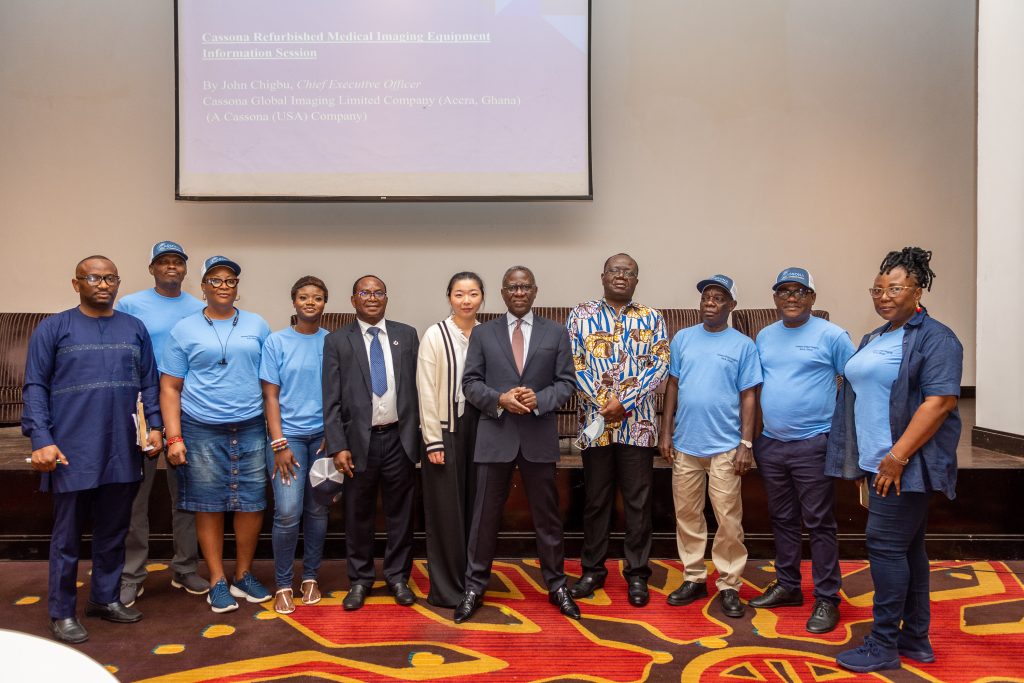Accra, Aug 29, GNA – The Cassona Global Imaging Limited, Ghana, a company that specialises in the supply of medical imaging equipment, has announced a scholarship package worth $10,000 for two needy Ghanaian medical students.
The initiative forms part of efforts to contribute to human resource development in the health sector.
Under the scheme, each beneficiary would be awarded scholarship worth $5,000, and the beneficiary must be enrolled in a medical school in Ghana.
Speaking to journalists in Accra, Mr John Chigbu, Chief Executive Officer, Cassona Ghana, said the company intended to be part of the community by ensuring that it contributed to the betterment of society.
To sustain the initiative and increase the beneficiaries, he said his outfit had decided to dedicate three per cent of its annual net income to sponsor needy medical students in the country. “We are here to be part of the community. To be part of the community, we have to invest and there is no better way than to give scholarships to medical students,” he said.
Mr Chigbu said company had established permanent presence in Ghana to help address challenges medical facilities faced in their quest to procure, maintain, and operate medical imaging equipment.
He observed that health facilities in developing countries particularly in Sub-Sahara Africa found it difficult to procure new medical imaging equipment from manufacturers because they were expensive.
To bridge the gap, he said the company would supply refurbished medical imaging equipment to health facilities at affordable rates and provide maintenance services to boost quality healthcare delivery.

Refurbished medical imaging equipment is the “restoring of used medical imaging equipment to a condition of safety and performance comparable to that of new medical imaging equipment.”
“Acquiring new equipment especially for sub-Sahara African countries, generally costs more than if the same equipment is acquired by a health facility in the US or Europe.
“Several factors are responsible, including access to capital for acquisition, high cost of maintenance, and lack of trained personnel to operate the equipment,” Mr Chigbu said.
He urged governments in the region to review their policy of using only new equipment at their public hospitals and consider refurbished medical equipment (especially imaging equipment) to ensure adequate access to necessary healthcare services.
Responding to concerns that refurbished medical equipment were substandard, Mr Chigbu said the International Electrotechnical Commission (IEC) had put strict measures in place to ensure that refurbished medical equipment were safe and effective.
“With the enactment of IEC PAS 63077 ED: 2019, a standard that can universally be applied and trusted is now in place. It provides guidance on the refurbishment of medical imaging equipment so the products are reintroduced into the market and can function in a manner identical to their original performance,” he said.
GNA